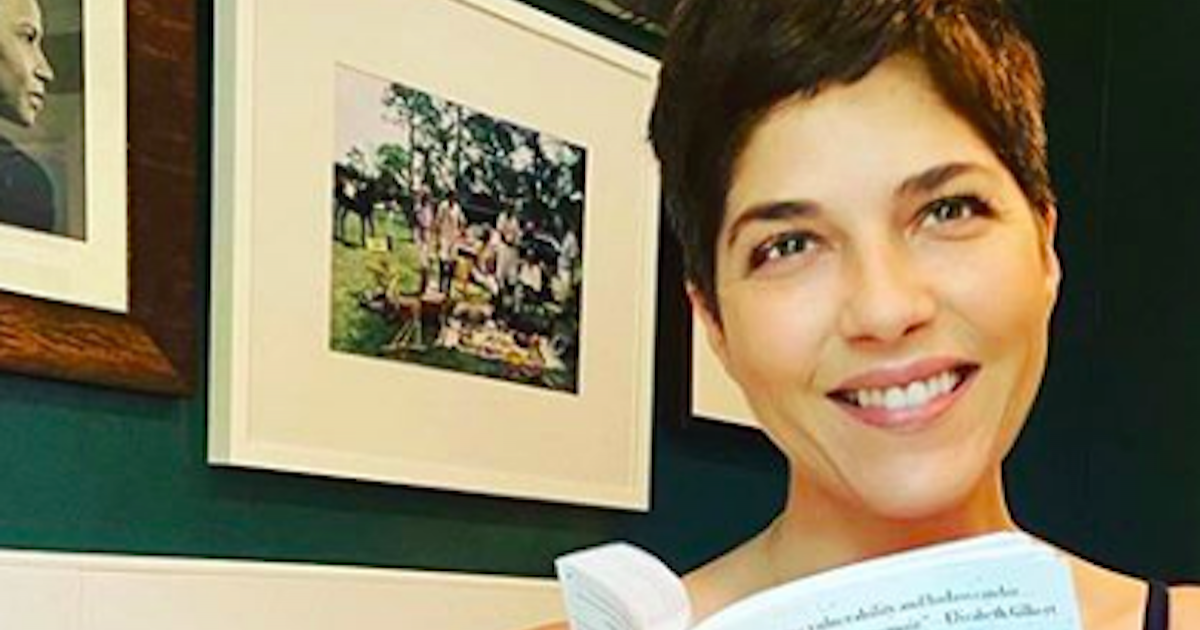Actress Selma Blair knows firsthand how difficult battling chronic disease can be, and in order to encourage others to share their experiences, she’s promoting her friend Jen Pastiloff’s memoir On Being Human.
Related: Why Is Actress Selma Blair Getting Chemotherapy For Multiple Sclerosis?
Read MoreSelma Blair’s Battle With Multiple Sclerosis
Blair revealed that she had MS in October 2018, after suffering for years with unexplained symptoms like falling, dropping things, and foggy memory. While chemotherapy is often seen as a cancer treatment, it’s shown to have promising benefits for MS as well. Chemotherapy can actually be quite effective at killing cells that break down the nervous system if you have MS. So, a result, chemotherapy can slow down or stop the disease.Throughout her treatment, Blair has been sharing her experience with fans, and opened up about the pain she had been feeling. “This is the thing. I feel sick. This is what happens. There is no bright light of glamour. Of course. It is long nights. Almost all nights. My muscles in my face and neck are in spasm. Or so tight I can't even find a way to stretch,” Blair wrote on Instagram.
TV Journalist Amy Robach says going through cancer taught her to feel others’ pain
Support Means Everything During Treatment
Whether it’s cancer or another disease, having a support system is critical for many patients going through treatment. Not only does this let patients cope, but it helps them stay positive even on their worst days. For ovarian cancer survivor Anna DeMers, receiving emotional support was the most important step in her recovery.
Like Anna, many survivors have told us that having that support system in place whether it be a special group or just a few dependable family members or friends can make all the difference as you go through cancer.
Fellow ovarian cancer survivor, Terri Moore, took her experience feeling incredibly supported during treatment and decided to pass that along to others. She recognizes that she wouldn't have met her phenomenal "CBFs" that is, her "chemo best friends" if not for her cancer. For that, she is grateful.
Through her group of chemo best friends, Moore received support and advice. She learned tips and tricks that pickle juice can help when you're nauseous, for instance, or that vaseline can help soothe the soreness of losing your nose hair from chemotherapy. Now, she’s encouraging other people to not be afraid to ask help, because support can make a huge difference.
“When you're in need of care, tell people what you need," she says. "If they're doing something that's not helping you at the moment, let them know that too.”
Learn more about SurvivorNet's rigorous medical review process.


